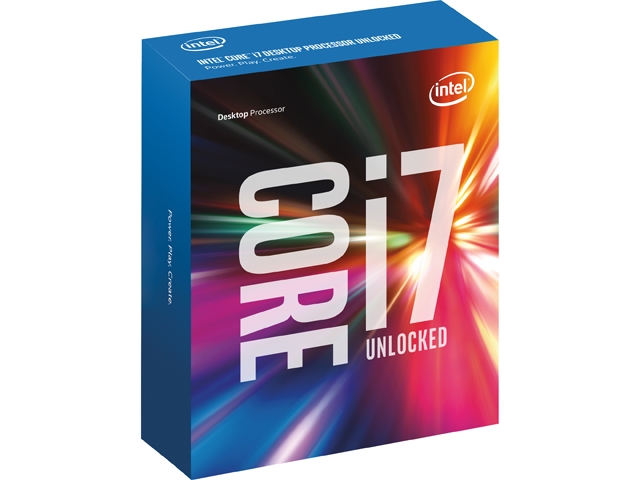- Qualcomm Launches Snapdragon 4 Gen 2 Mobile Platform
- AMD Launches Ryzen PRO 7000 Series Mobile & Desktop Platform
- Intel Launches Sleek Single-Slot Arc Pro A60 Workstation Graphics Card
- NVIDIA Announces Latest Ada Lovelace Additions: GeForce RTX 4060 Ti & RTX 4060
- Maxon Redshift With AMD Radeon GPU Rendering Support Now Available
Intel Rumored To Make Next Top-end Enthusiast CPU A 10-core Wonder
When Intel released its Core i7-5960X Extreme Edition processor last fall, it felt like a long overdue release. That’s thanks in part to the fact that the i7-4960X to come before it didn’t feel like much of an upgrade over the i7-3960X, and it had been a solid four years since the release of Intel’s first six-core desktop chip. With its eight cores, to say that the Core i7-5960X was welcomed would be an understatement.
Given the slow roll out of an eight-core desktop chip, it seemed likely that eight cores is all we’d be getting for a while. Not so, though, according to Chinese tech site XFastest. Late last week, the site reported that Intel’s Core i7-6950X will best the i7-5960X by two cores, giving an immediate boost to those who take advantage of heavily multi-threaded workloads.
When I first caught a glimpse at this rumor, I didn’t believe it. After all, Intel has proven that there’s no such thing as a “core race” on the enthusiast side. But, a ten-core chip actually does make a lot of sense for one big reason: The move from Haswell to Broadwell isn’t a significant one, so in order to continue selling that $999 SKU, something compelling has to be tweaked.

Intel Skylake retail packaging
Like the i7-5960X, the i7-6950X is said to be clocked at 3.0GHz. For those who prefer faster single-thread performance, there will be three other SKUs to choose from. Slotting into what’s sure to be the ~$600 price point is the i7-6900K, and eight-core chip clocked at 3.3GHz. At the bottom of this tier is not just one additional model, but two, both of which are six-core variants. These are the i7-6850K, clocked at 3.60GHz, and the i7-6800K, clocked at 3.4GHz. Turbo speeds are unknown.
Perhaps not surprisingly, the 10-core i7-6950X will boast more cache than the i7-5960X: 25MB in total. The i7-6900K is an interesting chip, as it’s in effect a i7-5960X but with a 300MHz clock boost.
This is of course still rumor, but on paper, these models all look reasonable. Intel hasn’t given us a launch window for Broadwell-E chips, but it’s widely anticipated that it will happen in Q1.




